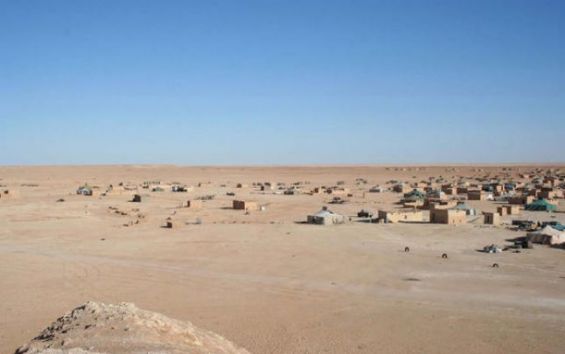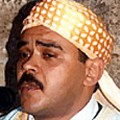2019 has been a quiet year when it comes to the Western Sahara conflict. While the Polisario Front has been slowed down by the protests in Algeria, Morocco made steps forward, securing the support of several countries, especially in Latin America.
Indeed, the past year has been a busy one for Algeria, one of the major African supporters of the Front. In February 2019, Algerians took to the streets in a wave of protests they called «Hirak». They protested against the eventual fifth presidential term of former President Abdelaziz Bouteflika, who resigned weeks later.
Protests in Algeria have also affected the activities of the country’s lobbyists in the United States. Instead of defending the separatist movement’s interests in Washington, Algerian lobbyists turned much of their attention to the crisis in their country.
Hence, the Polisario broke up with a well-established tradition, which consisted of mobilizing its members in the international scene weeks before the adoption of every UN resolution on the territorial conflict.
Morocco takes ground in Latin America
Algeria was not the only country that was witnessing political changes. A similar situation in Latin America has allowed Rabat to gain ground especially when it comes to the Western Sahara conflict.
In January, Venezuela took the lead by pledging to strengthen diplomatic ties with Morocco. Venezuelan opposition leader Juan Guaido said in a phone call with Moroccan Foreign Affairs Minister Nasser Bourita, on January the 29th, that he wants to establish «open, solid and extended» ties with the Kingdom.
Months later, Guaido appointed Jose Ignacio Guedez as his «special envoy» to Rabat. Months after his appointment, Guedez attended a meeting alongside diplomats accredited by Morocco in Rabat.
In June, El Salvador, another Latin American country, withdrew its recognition of «SADR». The decision was announced after Foreign Affairs Minister Nasser Bourita visited the country as part of a tour to Latin America. During the same month, Barbados followed in the footsteps of El Salvador withdrawing its recognition of the «SADR» during a visit conducted by the country’s Prime Minister Mia Mottley to Morocco.
While, these Latin American and Caribbean countries decided to side with Morocco in 2019, by breaking ties with the Polisario, others are expected to do the same in the upcoming months, including Bolivia, Uruguay and Ecuador.
New African consulates in the Sahara
In Africa, Morocco has also managed to gain the support of several countries, including the ones that recognize they had supported the Front in the past. In fact, in March 2019, several SADC member states, a Southern African grouping known for backing the Polisario, snubbed a solidarity conference with the Front to attend Morocco’s parallel meeting on Western Sahara.
At the time, the two meetings made some of the organization’s leaders question SADC’s unity. Months after this meeting, the Kingdom of Lesotho, a Southern Africa country and a member of SADC, announced that it froze diplomatic ties with the Polisario.
This change came as several other African countries announced the opening of consulates in the Sahara. In June, Cote d’Ivoire inaugurated an honorary consulate in the city of Laayoune. In December, Comoros followed suit, opening a consulate in the same city. Meanwhile, the Gambia announced the upcoming opening of a consulate in Dakhla.
These positive steps made by Morocco took place in a particular context. The latter has been marked by the decision of the United States President Donald Trump, who fired, in September, his national security advisor John Bolton.
The decision was well received by Morocco, which saw in Bolton’s departure a good step. Indeed, while in office, the American official pressured the UN body to extend the mandate of MINURSO by only six months instead of one year.
The year 2019 was marked by another resignation, namely the one of the UN Secretary-General’s personal envoy Horst Kohler. The former German president resigned from his post in May due to «health reasons».
His resignation has put an end to the round-table meetings he launched in December 2018 and forced the United Nations to extend the MINURSO’s mandate by one year instead of six months.





 chargement...
chargement...













